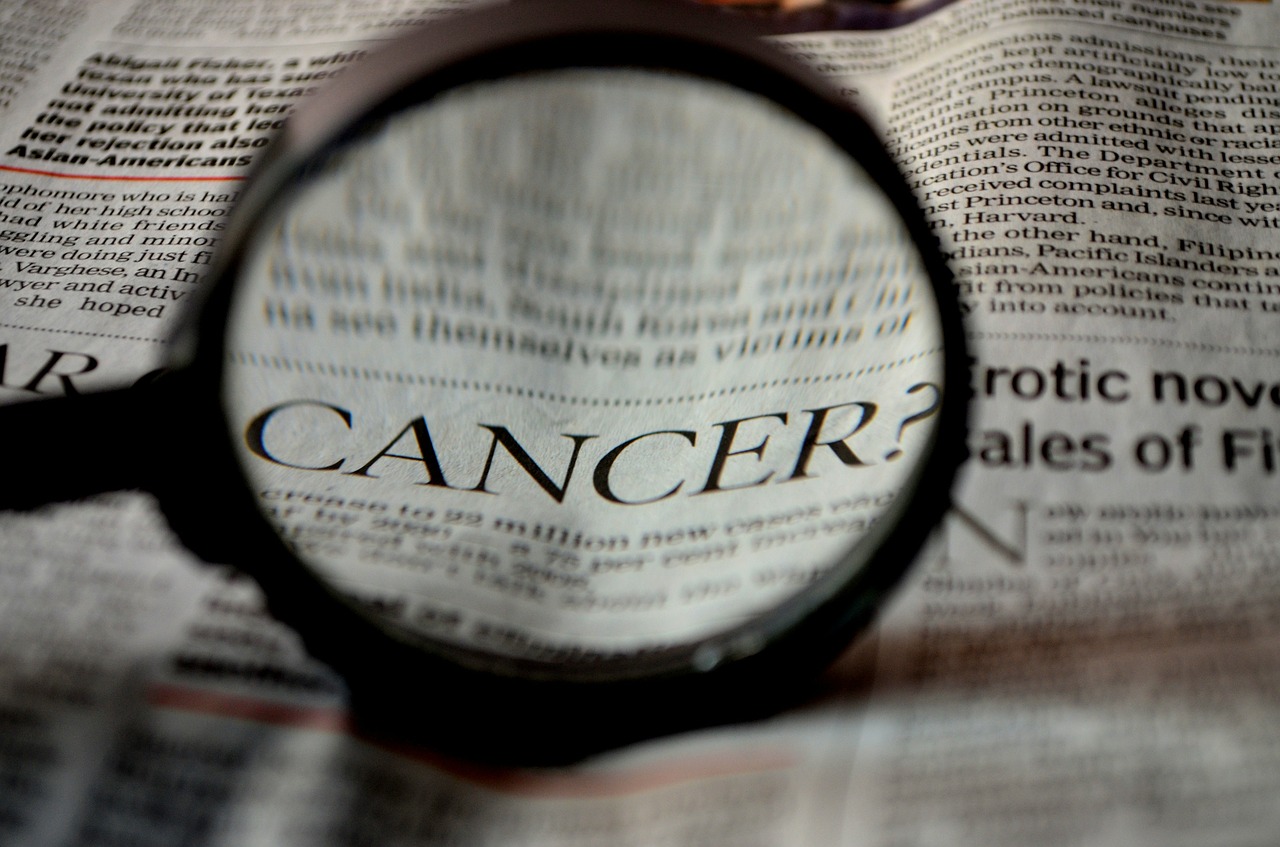After my husband Richard’s diagnosis of oesophageal cancer, our days were filled with a roller coaster of emotions: desperation, helplessness, fear and immense sadness. I was fortunate that throughout my husband’s illness, I was able to care for him day and night—which was important to both of us. Thankfully, besides a few nights in the hospital, he was able to stay home with me. He detested the hospital, the smell alone made him feel nauseous, so as little time spent there the better.
As the months passed by, our hopes would be lifted, and then dashed once again by more bad news from the doctor. However, we managed to find the strength to fight on—hoping that my husband would not be just another statistic, but triumphant in beating this terrible, terminal disease.
Sadly, that wasn’t the case.
For nine months, I tried hard not to think too much on what was to come, but instead on what I needed to do for that day. I focused on Rick being comfortable, making sure he stayed hydrated and ate when he was hungry. Solid meals had become a rarity, and he had turned to soups and shakes. This was so difficult to watch, as he had always had such love for fine restaurants and had always enjoyed his food. It was always a concern for me that he wasn’t eating enough, and I would try and push him to eat, but after doing some research it was suggested that I allow him to eat only when he wanted to.
Rick had also been diagnosed with secondary bone cancer, and he was dealing with a lot of pain in his back. We had many sleepless nights. We tried heat pads to elevate some of the pain, but he eventually had to have a morphine driver fitted, which was monitored by the district nurses. I would administer any pain relief that was required throughout the day, along with his other medication. Sadly, this pain never improved for Rick and it had to be managed with pain relief. The balance of pain relief was difficult to monitor, too much and Rick was too sleepy, which he didn’t like, and too little and the pain was still there. I felt so helpless and desperately wanted to take this dreadful disease and pain away, but all I could do was just be there for him. Which I was until his passing.
After Ricks death, I knew I couldn’t allow my mind to repeat thoughts such as: “I should have”, “Why didn’t I” and “If only”, as this wouldn’t help me with the grieving process, nor would it allow me to move forward. I became conscious of the way I was thinking, and this helped me tremendously!
As a carer, we want to be there to help our loved ones and feel, in some way, that we aren’t giving enough if we aren’t always there. We forget to look after ourselves. I remember at one point feeling guilty eating because Rick couldn’t eat. How are we supposed to look after others, when we aren’t looking after ourselves? In my opinion, it is vital that carers take time out for themselves, to eat and to sleep, to go back recharged.
It is also important to accept any help that is offered, and I am indebted to all my family and friends for being there for me. I don’t know where I would have been without their love and support during the most difficult time of my life.


